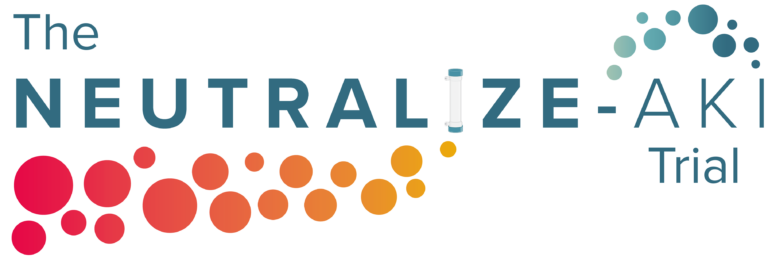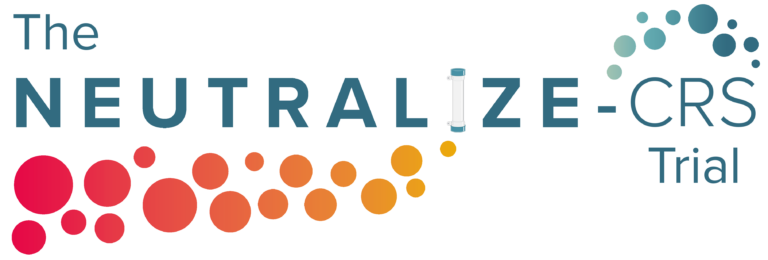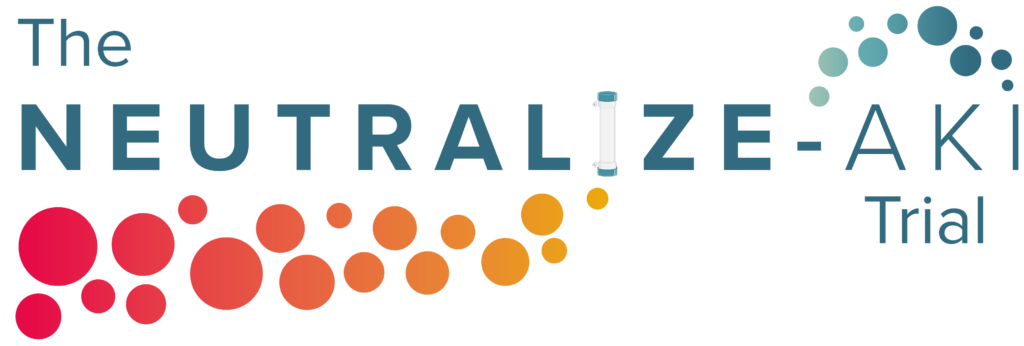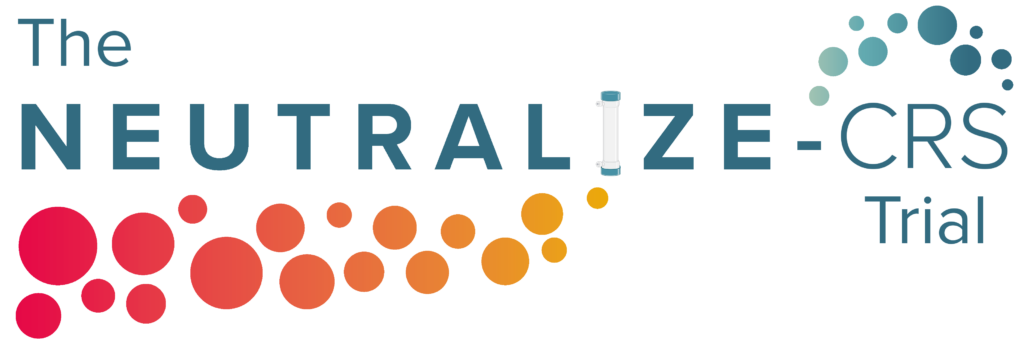pIPELINE
FDA has granted Breakthrough Device Designations for most of our pipeline products
We have a robust pipeline of indications that represent life-threatening or irreversibly debilitating diseases or conditions. These indications have been granted Breakthrough Device Designation by the FDA, which is designed to speed up development, assessment, and review for FDA approval.
Robust Pipeline with Multiple FDA Breakthrough Device Designations to Speed Potential Approval
Indication
Investigational
Feasibility Study
Pivotal Trial
Approved
QUELIMMUNE: Pediatric acute kidney Injury
Approved under a Humanitarian Device Exemption*
Launched in July 2024
Adult Indications:
SCD-Adult indications require minimal to no device modification for new indications
Awarded Breakthrough Device Designation by FDA to provide timely access to medical devices by speeding up development, assessment and review for FDA approval
*QUELIMMUNE is approved by the FDA as a Humanitarian Use Device (HUD) to treat pediatric patients with acute kidney injury and sepsis or septic condition weighing 10 kilograms and requiring kidney replacement therapy
QUELIMMUNE: Pediatric acute kidney Injury
Approved under a Humanitarian Device Exemption*
Launched in July 2024
Adult Indications:
SCD-Adult indications require minimal to no device modification for new indications
End-stage renal disease (ESRD)
Hepatorenal syndrome (HRS)
Systemic inflamatory response in cardiac surgery (adults)
Systemic inflamatory response in cardiac surgery (pediatric)
Awarded Breakthrough Device Designation by FDA to provide timely access to medical devices by speeding up development, assessment and review for FDA approval
*QUELIMMUNE is approved by the FDA as a Humanitarian Use Device (HUD) to treat pediatric patients with acute kidney injury and sepsis or septic condition weighing 10 kilograms and requiring kidney replacement therapy
Adult AKI and CRRT

Each year in the US, approximately 210,000 adult patients suffer from acute kidney injury (AKI) that can lead to destructive hyperinflammation, causing organ failure and loss of life. We are conducting the NEUTRALIZE-AKI pivotal trial to assess the safety & efficacy of the Selective Cytopheretic Device (SCD) therapy in 200 critically ill adults with AKI in the ICU requiring continuous renal replacement therapy (CRRT). The trial will evaluate approximately 100 patients treated with SCD in addition to CRRT as the standard of care, compared with the control group of approximately 100 patients receiving only CRRT standard of care. The trial will also include subgroup analyses to explore the effectiveness of SCD therapy in AKI patients with sepsis and acute respiratory distress syndrome.
Primary endpoint: A composite of all-cause mortality or dialysis dependency at day 90.
Secondary endpoints include:
- Major Adverse Kidney Events at day 90 (MAKE90)
- Dialysis dependence at 1 year
- ICU free days in the first 28 days
- Mortality at day 28
For more information, visit www.clinicaltrials.gov (ID #: NCT05758077)
Read more about the clinical trial design here.
Cardiorenal Syndrome (CRS)

Chronic Systemic Inflammation in ESRD Patients on Chronic Hemodialysis
Patients with end-stage renal disease (ESRD) face an unacceptably high disease burden, including chronic fatigue, malnutrition, repeat hospitalizations, and a 42% 5-year survival. Systemic inflammation is a major driver that leads to these poor outcomes. Approximately 500,000 people in the US with ESRD are treated by in-center hemodialysis at least three times per week at a cost of approximately $100,000 per-patient per-year. We estimate that each year approximately 80,000 of patients on chronic dialysis also incur chronic systemic inflammation that is associated with increased mortality from cardiovascular disease, infections and reduced quality of life.
Initial data shows that the SCD has the potential to address chronic systemic inflammation that could improve clinical outcomes. In November 2024, FDA granted Breakthrough Device Designation for the SCD therapy to treat chronic systemic inflammation in ESRD patients who require chronic hemodialysis. This represents the first Breakthrough designation for the SCD therapy in a chronic indication.
Hepatorenal Syndrome (HRS)
Each year in the US, an estimated 50,000 patients are impacted by hepatorenal syndrome, a condition that results in abrupt deterioration of kidney function, driven by a hyperinflammatory process in patients with advanced liver cirrhosis, and is associated with an unacceptably high mortality.
An investigator-initiated pilot study conducted at the University of Michigan assessed treatment with the SCD in two patients with type 1 hepatorenal syndrome. Positive clinical outcomes were seen in both cases – one patient with hepatorenal syndrome due to acute alcoholic hepatitis was alive at day 90 after seven days of SCD treatment and undergoing liver transplantation evaluation, and the other patient with hepatorenal syndrome due to non-alcoholic steatohepatitis or NASH had a successful liver transplantation 6 days after SCD therapy ended. This suggested a role of SCD immunomodulation to treat acute on chronic liver failure, regardless of the etiology, as a bridge to evaluation or successful intervention for liver transplantation. Both of these cases were recently published in the American Society for Artificial Internal Organs journal in August 2023.
In October 2023, FDA granted Breakthrough Device Designation for SCD therapy for use in ICU patients with AKI and acute on chronic liver failure. This represents the third Breakthrough Device Designation granted by FDA to SeaStar Medical for the SCD device.
Systemic Inflammatory Response in Patients Undergoing Cardiac Surgery
Patients undergoing cardiopulmonary bypass (CPB) during heart surgery are subject to hyperinflammation with downstream clinical complications that impact multiple organs such as the kidneys, heart, brain, and lungs, among others. Approximately 15% of the estimated 300,000 adults that undergo cardiac surgery each year are considered high risk and, we believe, could benefit most from the SCD therapy to prevent post-surgical complications. Of the 40,000 pediatric patients that undergo congenital heart surgery each year, we believe that approximately 1/3 might benefit from SCD therapy.
Initial data show that SCD therapy has the potential to treat those most unfortunate patients that today undergo lifesaving surgery, only to succumb to the consequences of uncontrolled inflammation.
In April 2025, FDA granted Breakthrough Device Designation for SCD therapy to treat systemic inflammatory response in adult patients undergoing cardiac surgery and also granted the designation to SeaStar Medical’s first pediatric indication for pediatric patients undergoing cardiac surgery towards prevention of post-operative adverse complications and outcomes.

